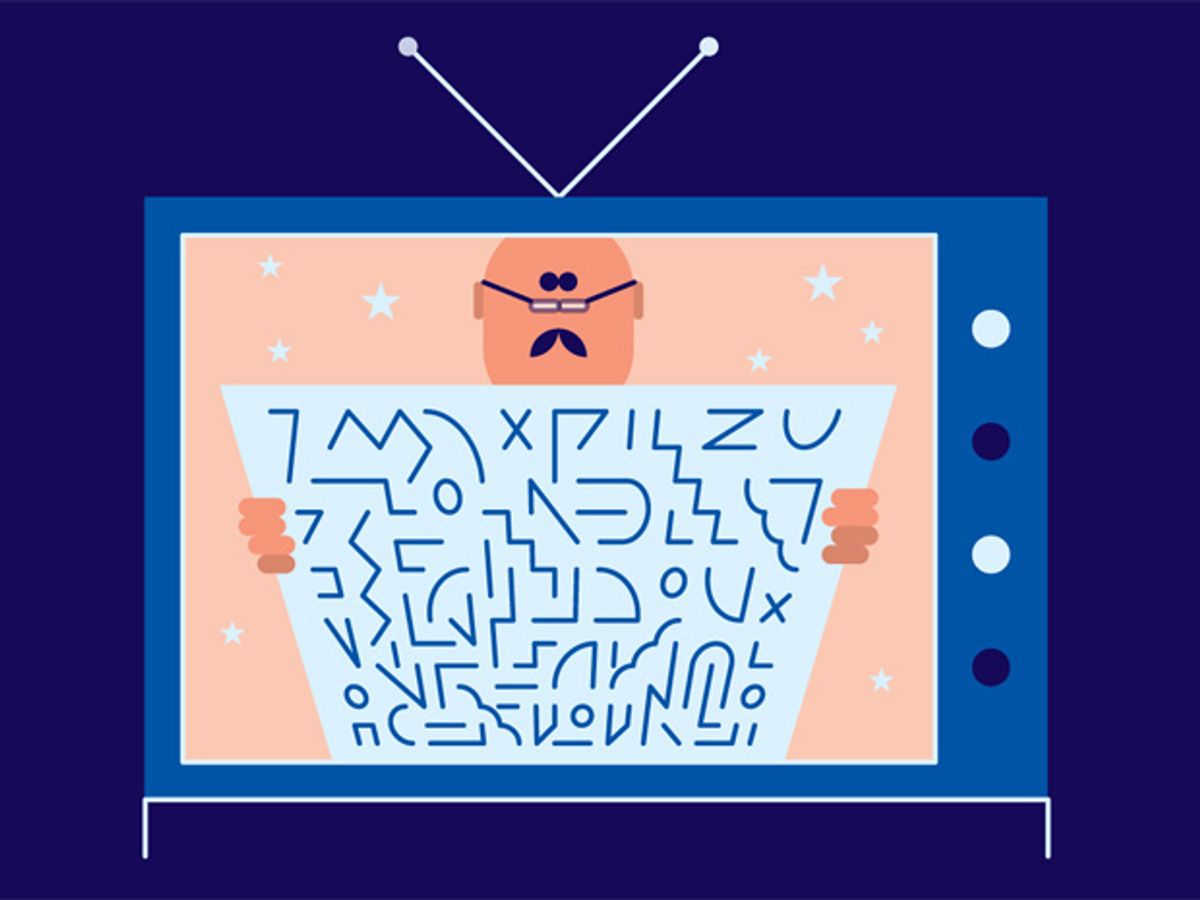A long, long time ago—back in the 1980s—there was a concern within the IEEE about how to raise the public esteem of engineers. In our opinion, they didn’t seem to be sufficiently appreciated. It was a time when doctor and lawyer shows were big on television, so an idea floated around some of our committee meetings: Could we get an engineer show on TV?
One distinguished colleague suggested, possibly in jest, a show entitled “L.A. Engineer,” riffing off the then-hit U.S. show “L.A. Law.” What a delightful fantasy that was! But I realized immediately that it would never happen, and even if it did, no one would watch it—not even us.
But times have changed. I don’t think engineers worry much about the public’s esteem now. We’re too busy starting companies, changing the world, and stuff like that. And with no impetus from us, there is now a comedy series on the U.S. cable channel HBO entitled “Silicon Valley.” It’s all about engineers and computer scientists trying to start a company called Pied Piper, whose music app of the same name is based on a new data-compression algorithm. (Meanwhile, over on another U.S. cable channel, AMC, there is the 1980s period tech drama “Halt and Catch Fire,” while one of the highest rated shows on U.S. broadcast television—“The Big Bang Theory”—features an aerospace engineer as one of its core characters.)
Okay, so we got a few things wrong with our “L.A. Engineer” idea, starting with the venue. Silicon Valley and its technology culture were only nascent back then. Another thing: No one ever thought our show would be a comedy. After all, this engineering is serious business. Yet “Silicon Valley” is in large part a parody, with caricatures of both the techies and the venture capitalists. Still, the caricatures aren’t so broadly overdrawn that we engineers don’t recognize familiar personalities and technical and business issues.
Pied Piper’s engineers grapple with funding, hiring, business strategy, competition, management fads, intellectual property, and legal issues. But the one thing we don’t see, however, is them actually working. That is, after all, boring—at least in the eyes of HBO.
Nonetheless, I got a thrill from hearing mentions of Shannon, Huffman, and Lempel-Ziv compression. Imagine this on a popular TV show! On some occasions we see “LZ” written on their backboard, and another time it’s “LZW,” giving mention to Terry Welch, who wrote the original compression software and improved and popularized the Lempel-Ziv algorithm.
Of course, the TV techies outdo the known lossless compression algorithms, with software that gets high marks on a fictitious metric called the Weissman score, which has since become a real measure as reported by IEEE Spectrum last year. This does raise some technical eyebrows, since Lempel-Ziv compression has been shown to be optimum. However, that’s for a theoretical case that doesn’t completely hold in practice.
In compressing written language, for example, LZ algorithms build a dictionary as they go along. However, humans bring a vast amount of understanding and context not present in that dictionary. Moreover, the underlying statistics can change dramatically, say, in going from a Shakespeare play to a medical textbook. So, yes, it is possible to get better compression than that of known algorithms.
The TV engineers frequently brag that their algorithm is lossless. Other things being equal, lossless is obviously better, but the world today largely lives on lossy algorithms like MP3, JPEG, and MPEG, where small concessions are made in fidelity to enable large gains in compression efficiency.
So maybe Pied Piper will crash and burn next season. It looks like a lot of people are going to stay tuned to find out.
This article originally appeared in print as “Techies on TV.”
